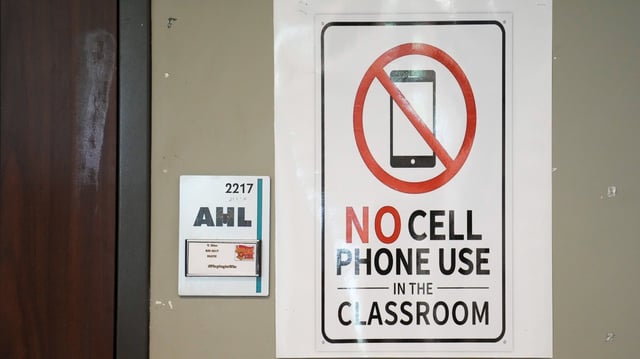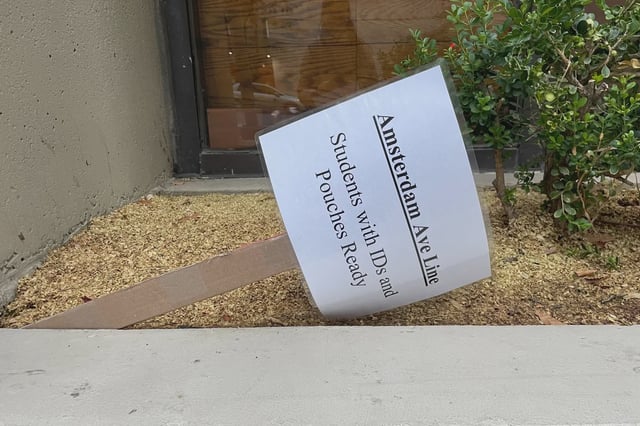Overview
- In a randomized study of nearly 17,000 college students in India, classes that required students to hand in smartphones before lessons saw measurable grade improvements versus control groups.
- The average effect was about half the boost typically associated with having a very good teacher instead of an average one, according to the University of Pennsylvania research team.
- Gains were concentrated among lower‑achieving students and in non‑science and non‑technology subjects, with minimal improvement for high‑achieving science students.
- Observers reported quieter classrooms, fewer disruptions and greater student support for bans after experiencing them, while the trial found no significant changes in stress, academic drive or online bullying and only a slight rise in fear of missing out.
- Policy responses are expanding worldwide, with Finland enforcing a national class‑time ban from August 1 and some schools extending it to the full day, while in the U.S. 35 states have some classroom phone rules and advocates press for bell‑to‑bell restrictions, including measures like Utah’s SB178.



